
Cinder by Marissa Meyer
Even though I read this book in October, I forgot to include it in that month’s wrap-up. So, reviewing it now. Cinder is the story of Cinderella but one who is half cyborg and works as a mechanic. All the elements you’d expect from such a story are there, i.e., an evil stepmom, a dead dad, and a prince who is smitten with the poor girl.
But the same goes for the issues that the original (read Disney) version and most YAs have. For instance, the forging of an instant connection between the prince and Cindy. She is considered expendable and is extremely poor at the beginning of the story. Yet soon she not only attracts royalty, but her blood also becomes the only source that can cure the virus plaguing the country. We also come across completely irredeemable and good-spirited characters, meaning everything is black and white.
All that doesn’t mean I didn’t enjoy this modern twist on an old story because I did, which is why I will be reading the next one.
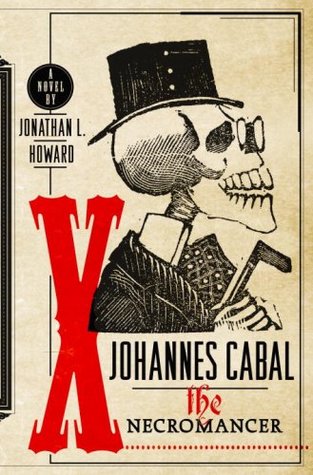
Johannes Cabal the Necromancer by Jonathan L. Howard
The story opens on a man, Johanne Cabal, the Necromancer, striding into hell and demanding to see Satan. Having sold his soul for necromancy, he now wants it back. The reason for that becomes clear only at the end of the book and that too only partially. Satan sets him to achieve a seemingly insurmountable task in return for Cabal’s soul.
As Johannes recruits, recreates, and alienates people during the journey, we meet many quirky characters. The best thing about the book is undoubtedly its sense of humor.
Take a look:
“I was cast down from the presence of God himself into this dark, sulphurous pit and condemned to spend eternity here—”
“Have you tried saying sorry?” interrupted Cabal.
“No, I haven’t! I was sent down for a sin of pride. It rather undermines my position if I say ‘sorry’!”
The quote above is an excerpt from the exchange between Cabal and the Devil. The one below is about a crow (one of Satan’s minion) that follows Johannes around when its master can’t spy on him:
It looked at them; first with one eye, then with the other. Then, to show it was a polymath among crows, it went back to the first eye.
Besides laughing out loud, I also learned a few new words. You can view them below:
All in all, I can’t wait to read the next one!

Deathless by Catherynne M. Valente
This wasn’t the first book of Ms. Valente that I read. And like that one, this book was a beautiful hot mess. Her prose is almost succulent enough that you can bite into it and yet, in the end, you will be left thinking, What did I just read?
Was it a commentary on the Russian Revolution? Was the book about Russian myths? Was it a coming of age story? Or, was it simply fantasy YA? I’d say there was a bit of everything in it!
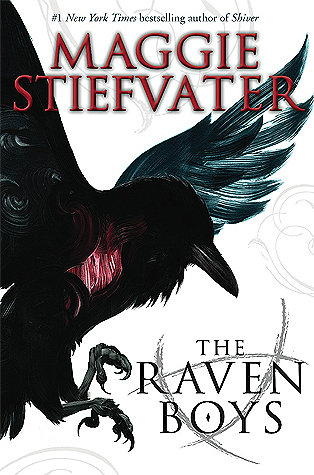
The Raven Boys by Maggie Stiefvater
A friend who exclusively reads middle-grade fantasy is crazy about this series. Since her taste in books and mine matches, I was excited to get started with this one.
It left me both underwhelmed and pleasantly surprised. The writing is crisp in a way that it immerses you in the scene playing before you. Consider the lines below on how the protag had been raised by her single mother:
Maura had decided sometime
before Blue’s birth that it was barbaric to order children about,
and so Blue had grown up surrounded by imperative question
marks.
I also loved the wry humor, which can be seen clearly in the example below:
Calla had once observed that Maura had no pets because her
principles took too much time to take care of.
What I wasn’t that crazy about was the mystery that the story is based on. I liked the characters and mostly enjoyed the book — even though I caught on to the twist pretty early. But the story failed to excite about the mystery. And there was a lot of random stuff going on. The tree that showed the future, for instance, why was it even there?
I’d like to continue with this trilogy though.

My Soul to Keep by Rachel Vincent
I always enjoy reading anything by Rachel Vincent. Even though this book is majorly YA-flawed, I still enjoyed it because I am used to her writing style. No, I don’t have anything against YA, but certain things like the heroine failing to see that her bf was the demonic drug supplier can only happen in YA books.
Anyway, this series has grown on me and I intend to see it through.

Damned by Chuck Palahniuk
Another book set in hell. I had been looking for such books because I had landed on the square for it in book bingo. The Cabal book was enough for it but since I had already done the hard work researching them and because I had liked Fight Club, I went ahead with this one too.
Normally, it bugs me when a male author writes a female character who is annoyingly smart or just full of themselves. Like these lines below made me wanna smack the heroine:
Such vocabulary props served as my eye shadow, my breast implants, my physical coordination, my confidence. These words: erudite and insidious and obfuscate, served as my crutches.
And it happened many more times. Most of the time, though, the writing was good enough to rescue the book from abandonment. Consider this sample:
Trickling toenails threaten to become full-fledged avalanches which could bury us alive (alive?) in their talus of prickly keratin.
And this one:
That, I think, is the function of Hell: It’s a place of remembering. Beyond that, the purpose of Hell is not so much to forget the details of our lives as it is to forgive them.
I also learned some new words:
Okay, so I have no clue if the jejunum (part of the small intestine that absorbs nutrients from already digested food particles) has its roots in the word, jejune, or not. But it would be cool if it did, right?

 Log in with Facebook
Log in with Facebook 







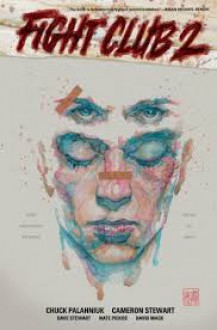
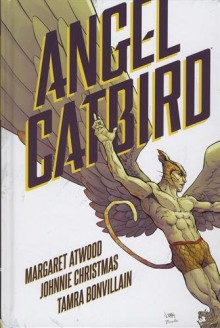
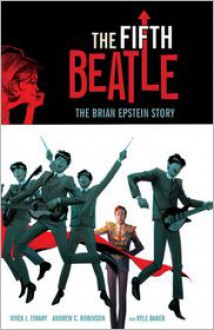


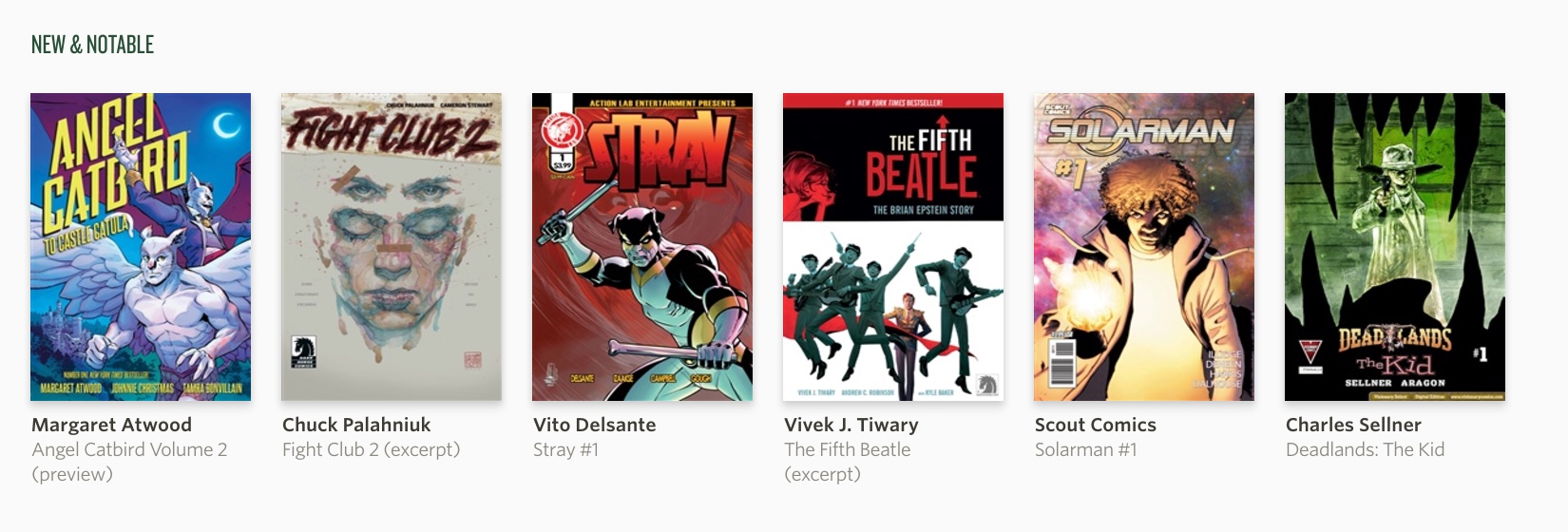

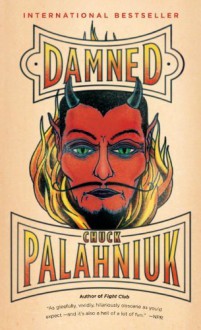
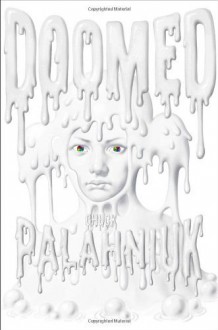

PAPERBACK - Neil Gaiman [ GOOD OMENS BY GAIMAN, NEIL](AUTHOR)PAPERBACK - Neil Gaiman](http://booklikes.com/photo/max/220/330/upload/books/d/4/azure_d4f50a5522b0507a08a048f253717b28.jpg)








